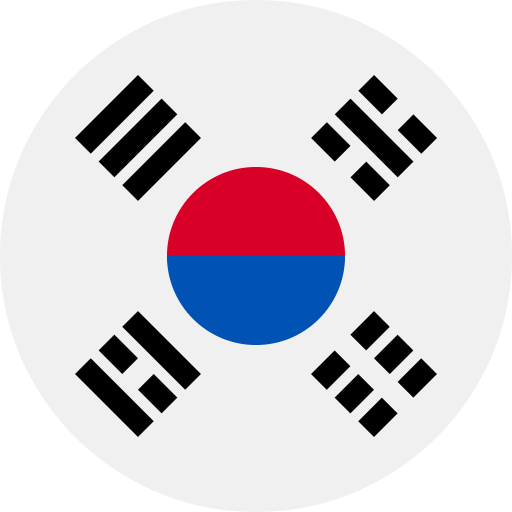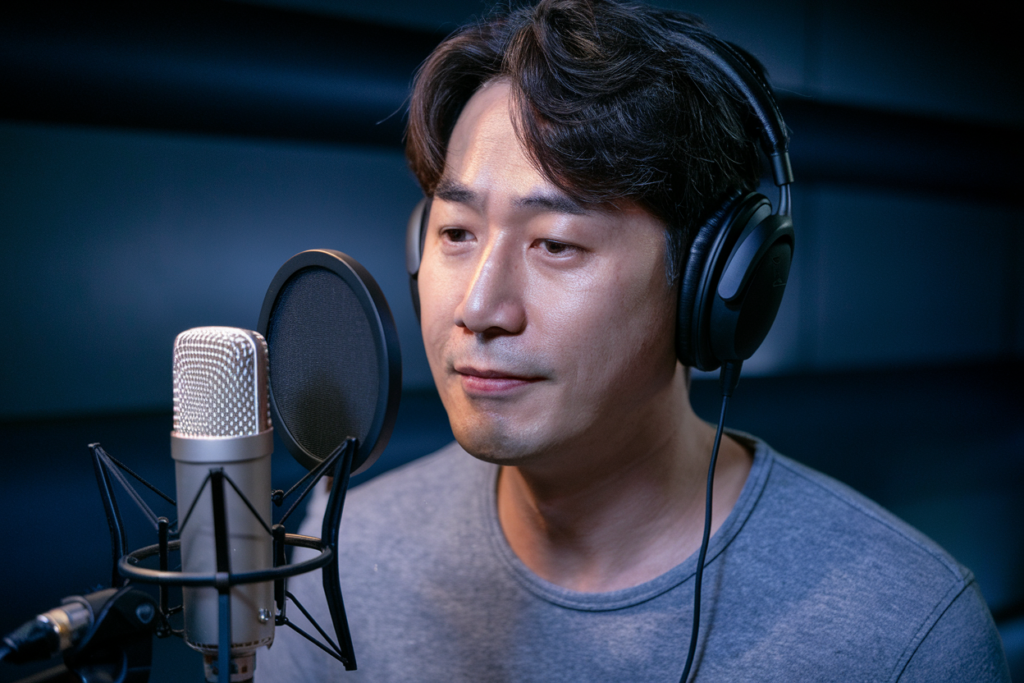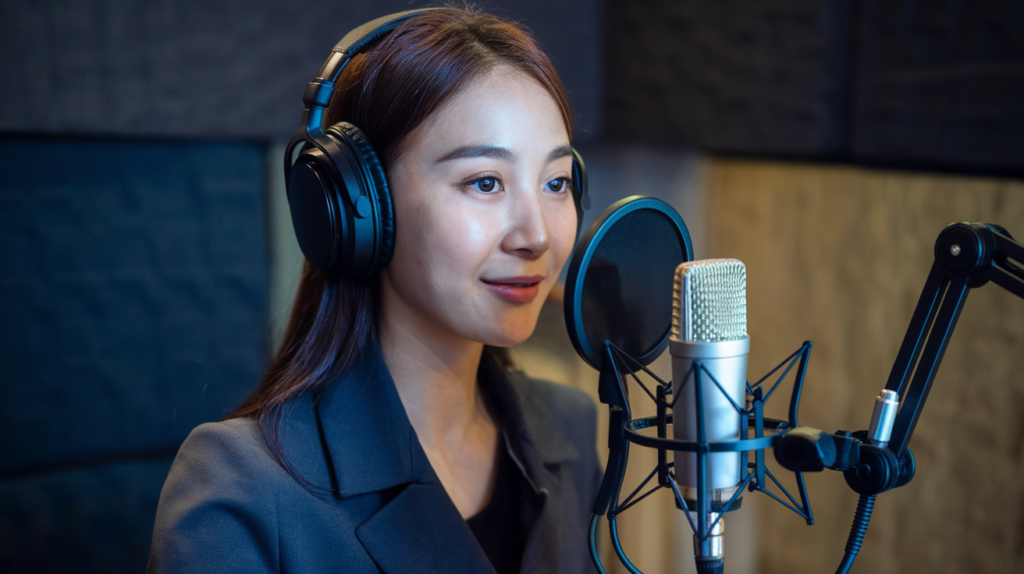Key Takeaways
- Jeju Korean is a distinct dialect that showcases unique vocabulary and pronunciation, reflecting the island’s rich cultural heritage.
- The geographical isolation of Jeju Island has influenced its language development, resulting in specific terms related to local agriculture and fishing practices.
- Pronunciation in Jeju Korean features softer consonants and unique vowel sounds, making it recognizable even to those familiar with other regional accents.
- Cultural expressions embedded within Jeju Korean reveal insights into the daily lives and traditions of its speakers, preserving community values across generations.
- Modern usage of Jeju Korean thrives alongside standard Korean, with informal settings fostering a sense of identity while formal situations typically call for standard language.
Have you ever wondered what makes Jeju Korean so unique? Nestled on the stunning island of Jeju, this dialect isn’t just a way of speaking; it’s a vibrant tapestry woven from history, culture, and geography. With its own distinct vocabulary and pronunciation, Jeju Korean offers a fascinating glimpse into the lives of its speakers.
Overview of Jeju Korean
Jeju Korean stands out as a distinct dialect within the rich tapestry of the Korean language, primarily spoken on Jeju Island. This dialect features unique vocabulary and pronunciation that reflect the island’s cultural heritage. You’ll notice that certain words and phrases diverge from standard Korean, showcasing influences from various historical interactions and geographical factors.
The pronunciation in Jeju Korean often varies significantly, making it recognizable even to those familiar with other regional accents. For example, vowel sounds may shift or blend differently compared to mainland dialects. Such differences not only add charm but also provide insight into the identity of Jeju’s residents.
Cultural expressions embedded in local sayings reveal much about day-to-day life on the island. You might find idiomatic expressions tied closely to farming practices or fishing traditions unique to Jeju. These elements enrich conversations and help preserve local customs through generations.
Furthermore, Jeju’s isolation has fostered a sense of community among its speakers, with many choosing to use their dialect in informal settings while adopting standard Korean for formal occasions. This dynamic illustrates how language evolves based on social context while retaining its roots.
Understanding Jeju Korean offers more than just linguistic appreciation; it opens a window into the heart of an island shaped by its history and people. The uniqueness of this dialect serves as both a communication tool and a cultural artifact, embodying the essence of life on Jeju Island.
The Historical Context
Jeju Korean’s uniqueness stems from its rich historical context, shaped by the island’s distinct geography and cultural evolution. This dialect reflects not only the linguistic diversity but also the socio-cultural influences that have permeated Jeju Island over centuries.
Influence of Geography
Geography plays a crucial role in shaping Jeju Korean. As an isolated island, Jeju has developed its own unique environment that significantly impacts language use. The surrounding sea influenced fishing terminology while the volcanic landscape contributed to specific agricultural expressions. Such geographical features created a linguistic landscape rich with vocabulary tied to local practices and traditions, making Jeju Korean distinct from mainland dialects.
Development of Dialects
The development of dialects on Jeju Island showcases how social interactions and historical events shape language evolution. Over time, waves of migration and trade brought various influences to the island’s language. Additionally, regional isolation fostered a strong sense of identity among speakers, who maintained their dialect even as standard Korean became prevalent in formal settings. This blend of tradition and modernity highlights how Jeju Korean serves as both a means of communication and a cultural emblem for its community members.
Linguistic Features
Jeju Korean showcases distinct linguistic features that set it apart from other dialects within the Korean language. This uniqueness lies in its pronunciation differences and vocabulary variations, reflecting the island’s rich cultural heritage.
Pronunciation Differences
Pronunciation in Jeju Korean differs significantly from standard Korean. For instance, certain consonants exhibit softer sounds, making them more melodic. The vowel system also diverges, leading to unique intonations that characterize conversations among native speakers. You’ll find that even those familiar with regional accents can easily identify Jeju Korean due to these phonetic distinctions. This divergence not only enhances the dialect’s charm but also represents the island’s identity through its sound patterns.
Vocabulary Variations
Jeju Korean boasts an extensive range of vocabulary tailored to local contexts and practices. Many words relate specifically to Jeju’s agricultural and fishing traditions, reflecting daily life on the island. For example, terms for local flora and fauna often have no direct equivalents in standard Korean, showcasing a deep connection between language and environment. Additionally, idiomatic expressions rooted in local culture further enrich this dialect, providing insight into community values and social norms. Understanding these vocabulary variations reveals how intimately tied language is to place and culture on Jeju Island.
These linguistic features highlight not just a mode of communication but a vibrant expression of identity shaped by history and geography.
Cultural Significance
Jeju Korean holds immense cultural significance, deeply intertwined with the island’s traditions and identity. Its unique expressions and vocabulary reflect the everyday lives of its speakers, showcasing a rich tapestry of local culture.
Traditional Practices
Traditional practices on Jeju Island often find expression through the dialect. Festivals, rituals, and communal gatherings incorporate Jeju Korean, highlighting its role in preserving cultural heritage. For instance, local sayings connected to farming or fishing provide insights into age-old practices that shaped the community’s lifestyle. These phrases not only convey practical knowledge but also foster a sense of belonging among residents who share these experiences.
Modern-Day Usage
In modern times, Jeju Korean continues to thrive amidst globalization. Speakers use it informally within their communities while adopting standard Korean for formal interactions. This duality emphasizes how language evolves while maintaining its roots. As younger generations embrace technology and social media, they creatively integrate Jeju Korean into digital platforms, ensuring the dialect remains relevant and vibrant in contemporary discourse. Through this blend of tradition and modernity, Jeju Korean stands as a testament to the islanders‘ enduring connection to their history and culture.
Comparison with Standard Korean
Jeju Korean differs significantly from standard Korean in various aspects. Pronunciation variations stand out, with Jeju dialect featuring softer consonants and unique vowel sounds that create a melodic quality. This phonetic charm makes it easily identifiable to both locals and those familiar with the broader Korean language.
Vocabulary also sets Jeju Korean apart. Many terms relate specifically to local practices, such as traditional fishing and farming methods. For instance, words describing local flora or fishing techniques carry cultural significance that standard Korean might not convey. These unique expressions enrich conversations among community members, enhancing their sense of identity.
Cultural context plays a crucial role in how Jeju Korean functions compared to standard forms of communication. Locals often use the dialect in casual settings, fostering warmth and familiarity during interactions. In contrast, speakers typically switch to standard Korean for formal situations like business meetings or educational environments.
You’ll notice idiomatic expressions in Jeju Korean that draw from island life experiences. Phrases related to the sea and agriculture reflect generations of wisdom passed down through storytelling and daily activities. These sayings encapsulate cultural values, creating deeper connections between speakers.
In essence, understanding these differences highlights not only linguistic diversity but also the rich tapestry of life on Jeju Island. The dialect’s evolution showcases how social dynamics shape language while preserving its roots amidst modern influences.
Conclusion
Jeju Korean is more than just a dialect; it’s a vibrant expression of the island’s unique character. By embracing its distinct pronunciation and rich vocabulary, you’ll discover a deeper connection to Jeju’s culture and traditions. This linguistic gem not only reflects the history of its people but also showcases their resilience in preserving their identity amid modern influences.
As you explore this fascinating dialect, you’ll appreciate how it weaves together generations of wisdom and local practices. Whether you’re visiting Jeju or connecting with its community online, understanding Jeju Korean enriches your experience and fosters a genuine appreciation for life on this remarkable island.
Frequently Asked Questions
What is Jeju Korean?
Jeju Korean is a unique dialect spoken on Jeju Island, distinct from standard Korean. It features specific vocabulary and pronunciation shaped by the island’s history, culture, and geography.
How does Jeju Korean differ from standard Korean?
Jeju Korean has softer consonants and unique vowel sounds that create a melodic quality. Additionally, it includes vocabulary tailored to local practices like fishing and farming, making it culturally rich.
Why is the study of Jeju Korean important?
Studying Jeju Korean provides insights into the island’s history and cultural identity. It reflects local traditions, social interactions, and how language evolves with geographical influences.
How does geography influence Jeju Korean?
The island’s isolation has fostered a distinct linguistic landscape in Jeju Korean. This isolation led to unique expressions tied to local customs in agriculture and fishing over centuries.
Is Jeju Korean still relevant today?
Yes! While speakers often switch to standard Korean for formal situations, younger generations creatively integrate Jeju Korean into modern platforms, ensuring its continued relevance in contemporary discourse.
What role do idiomatic expressions play in Jeju Korean?
Idiomatic expressions reveal much about daily life on the island. They are deeply rooted in farming and fishing traditions, providing insights into the values and wisdom passed down through generations.
How do locals use Jeju Korean in their daily lives?
Locals typically use Jeju Korean informally within their communities while adopting standard Korean for formal occasions. This practice helps preserve cultural heritage while adapting to modern communication needs.
Can learning about Jeju Korean enhance cultural appreciation?
Absolutely! Understanding this dialect not only enhances linguistic knowledge but also offers a deeper connection to the rich history and culture of Jeju Island’s residents.







